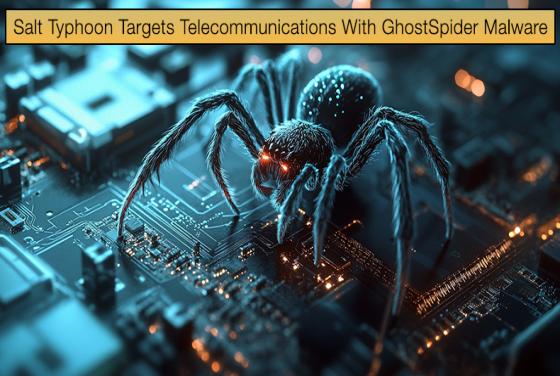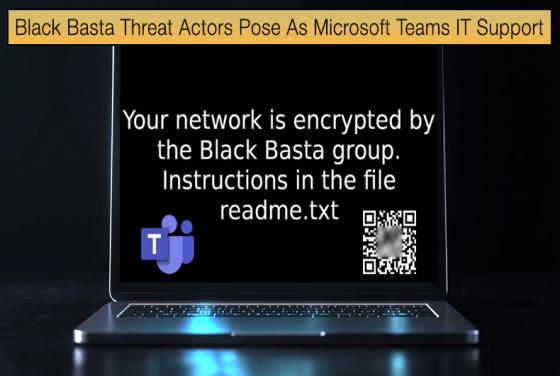

Salt Typhoon Targets Telecommunications With GhostSpider Malware
According to Trend Micro, Chinese state-sponsored threat actor Salt Typhoon, also tracked as Earth Estries, FamousSparrow, GhostEmperor, and UNC2286, has been seen deploying a new backdoor malware. Called "GhostSpider" by Trend Micro researchers, the malware has been used in attacks against Southeas








